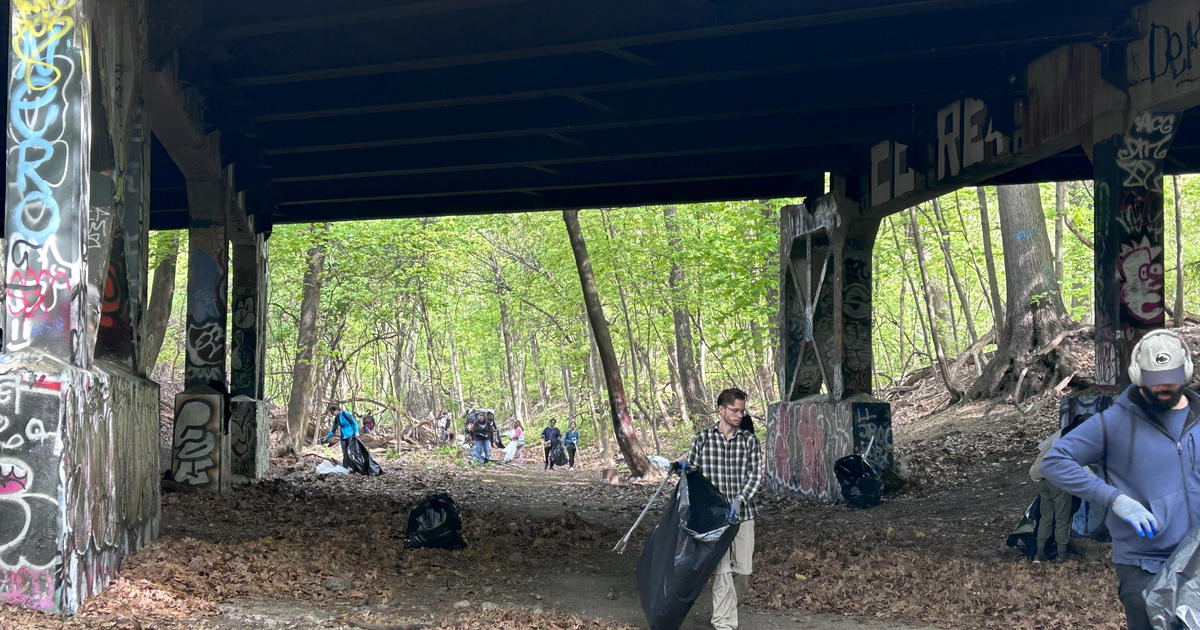Long Island Communities Turning The Tide In The Fight Against Invasive Beetle
MASSAPEQUA, N.Y. (CBSNewYork) -- For decades, New York State has been battling the spread of the Asian long-horned beetle on Long Island.
Now, they say they're turning the tide thanks to more federal money and a stepped-up tree replanting program.
In front of the cameras Wednesday, officials from many agencies congratulated themselves on word of a big new federal grant from the U.S Agriculture Department by re-planting the first of dozens of trees in Marjorie Post Park in Massapequa.
The newly planted trees now stand in the shadow of the trees that had to be cut down three years ago because they were infested by the invasive Asian long-horned beetle.
"We're here to announce an extension through 2018 to plant more trees," Cornell Cooperative Extension of Nassau County Greg Sandor said.
Crews have already re-planted a thousand trees. The new $300,000 grant will pay to re-plant a thousand more.
In 2013, the beetle's distinctive and destructive boring holes showed up in thousands of trees along the south shore. The state decided all the infected trees needed to be cut down -- that meant cutting down hundreds of trees in neighborhoods, leaving some blocks bare.
Seaford homeowner Gary Guss was one of those who lost a tree.
"I had no choice but to cut it down and we got rid of the whole thing," he said. "It's a tree that had been there since I bought the house 17-years ago."
In neighboring Massapequa Park, homeowner Jeff Sabo says crews recently came asking to check his trees.
"They looked on my property and they said okay, but they were going down to every neighbor," he tells TV 10/55's Richard Rose.
Homeowners in affected communities will also see more tree-climbers scaling trees on their properties. The new federal money pays for the crews to go high up into the trunk to spot a beetle's tell-tale tracks before it can take over a neighborhood.
One sign of success in the battle against the invasive beetle is the the state's Department of Environmental Agency saying they've stopped the spread of it in the town of Islip.



